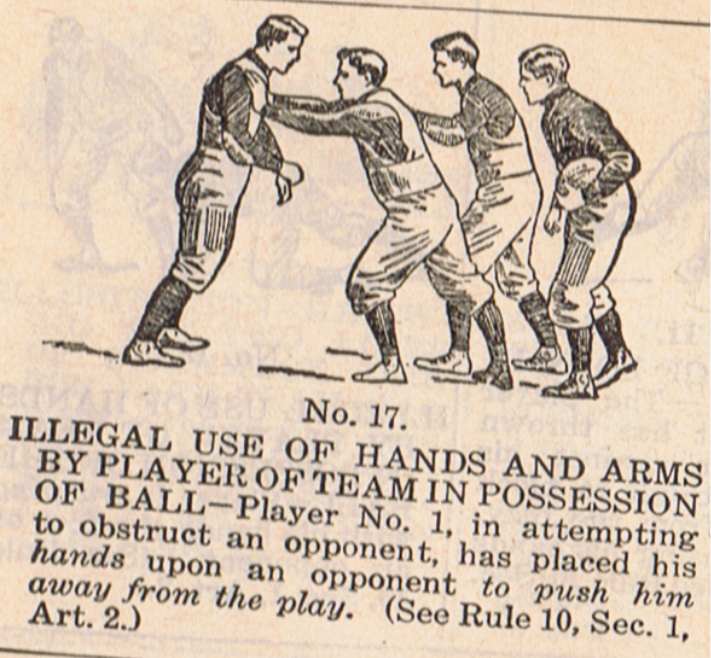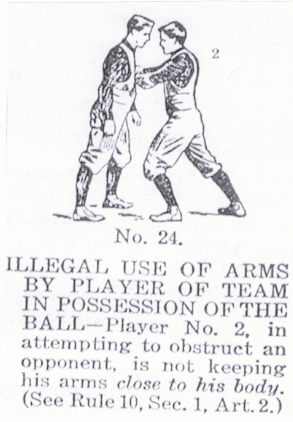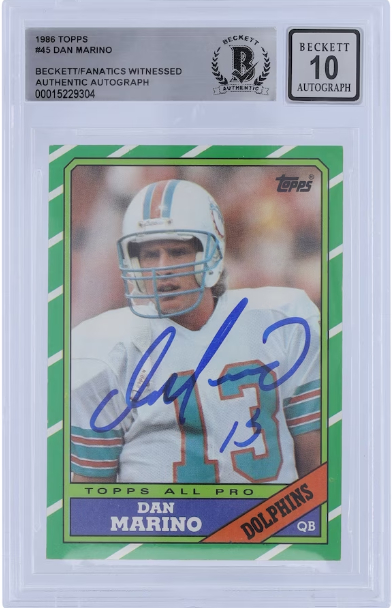Our year-by-year look at the history of American football takes us to the 1931 College Football season. We dive into the top teams, and rules change to blocking and communication as football entered into the Modernization Era.
Football History Rewind Part 68
Intro to the New Football Rules of 1931
The 1931 season was a somewhat somber time in collegiate football, as learned in the last few editions of this series, as memorials to the late great Knute Rockne were reflected in the rule books themselves. The discussion in this edition will go slightly differently as we have access to Spalding’s Official Foot Ball Rules of the National Collegiate Athletic Association for the year 1931 and permission to use its content from the NCAA (as we thank them for that).
This article will be to get a perfect snap shot of odd blocking rules of the time and some insight into how “trash talk” was dealt with then.
Illegal blocks in 1931
It is fascinating to look back at history just to see how far our game has evolved. It is a credit to the hard work and foresight that many of our fathers of football had to make the gridiron game what it is today.

An illustration of a foul in the 1931 Spalding's NCAA Rule book.
Illustration number 17 portrays the illegal use of hands in that era. We of today’s era must remember that it was not long ago when the ”extended arm technique” of blocking became legal in football. Our research shows that the NFHS adopted the current rule of offensive blockers being able to extend their arms to a maximum of 45 degrees away from their bodies (rather than their arms having to contact their person) in 1977.
The caption under the illustration refers the reader to Rule 10, section 1, article 2. The rule from 1931 reads:
The runner may ward off opponents with his hands and arms, but no other team player possessing the ball may use his hands or arms (unless the arms are close to the body) to obstruct an opponent.
Players of the twenty-first century should appreciate what blockers prior to 1977 had to do. Their jobs were made much easier with the extended arms rules to ward defenders. (Of course they suffered a big blow in the 1981 NFHS rules when blocks below the waist from the front, cross-body blocks, became illegal).
We alluded to it earlier, but is this illegal block alien to us? It should come to no surprise that Illustration 17 is an illegal block in our era, too, at the high school level (NFHS Rule 2-3-2-a-3) The forearms cannot be extended more than 45 degrees from the blocker’s body.

An illustration of a foul in the 1931 Spalding's NCAA Rule book.
Illustration number 24 may be deemed legal in the common era of football. The viewer could judge it that the blocker (#2) arms’ are less than 45 degrees from his body during the contact. It was, however, a violation of the 1931 rules to a legal block, as mentioned in the earlier excerpt of the blocking rule, as blocker # 2's arms are not close to his body.
NCAA Football Rules Talking to opponents in 1931
Today's rules deal sternly and quite specifically with what is acceptable regarding communication between opponents. Words like taunting, baiting, and profanity make it clear that ill-fated rhetoric aimed at officials and opponents will not be tolerated, but what was it like back in the 1931 season? Please look at this excerpt from the Foot Ball Code of 1931 and the smooth common-sense style in which it is written:
Talking to your opponents
Talking to your opponents if it falls short of being abusive or insulting is not prohibited by the rules, partly because it ought not to be necessary and partly because no rules can make gentlemen out of a mucker. No good sportsman is ever guilty of cheap talk to his opponents.
The rules were very personable back then and aimed to talk right to the players just as an official or a coach would speak to them about the rule.
Things to buy here
We have placed some product links on this page. If you purchase by clicking on them, we will get a commission to use to help with operating costs.
Talking to officials in 1931
The next section of the 1931 rules deals with how players should deal with officials.
Talking to Officials
When an official imposes or makes a decision, he simply does his duty as he sees it. He is on the field representing the integrity of the game of football, and his decision, even though he may have made a mistake in judgment, is final and conclusive and should be accepted. Even though you may think the decision is mistaken, take your medicine and do not whine about it. Let your captain do the talking if anything is to be said. That’s his business. Yours is to keep quiet and play the game.
The commentary from 2008 on this code and message to the players: “Well said!”
The 1931 College Football Season at a Glance
The 1931 College Football season can defined by one game in particular, the annual Southern Cal versus Notre Dame contest.
USC took their 6-1 record to South Bend to face a 6-0-1 Fighting Irish squad. Notre Dame had not lost in 26 games but most of thise were under the now deceased Coach Rockne. Hunk Anderson was now in charge and his Irish gridders held a 14-0 lead into the 4th quarter against Southern Cal. The Trojans were not giving up though. SC rallied in the final stanza, kicking a 33 yard field goal with a minute left for the comeback 16-14 victory. The Trojans won out their remaining games, defeating Washington 44-7, a very tough Georgia team 60-0, and a one loss Tulane squad 21-12 in the Rose Bowl.
Most experts in later years have dubbed the USC Trojans as the Nation's top team for 1931 for these facts but there were other teams to consider too.
The earlier mentioned Tulane Green Wave finished with an 11-1 record, their only loss was in the Rose Bowl against USC. Since they played the head to head with the Trojans and lost, they too, like Notre Dame have no claim to the crown.
That brings up the 8-1 Pittsburgh Panthers. Coach Jock Sutherland's eleven did suffer that one loss, and it was at the hands of Notre Dame, so they too must succumb to USC in the top billing.
Possibly the most interesting case would be a 9-0-1 Tennessee Volunteers team. Head Coach Robert Neyland led his charges beat Alabama and Georgia, however the Kentucky Wildcats rained on their parade late in November with a 6-6 tie in Lexington. Could this stellar record take them above the one loss Trojans? Though possible, it is not probable as the Southern Cal strength of schedule was a bit higher caliber of competition that that of the Vols in 1931.
The Credits
Special Thanks to the book of Football: A College History by Perrin, Newspapers.com, TipTop25.com and RetroSeasons.com for the information and inspiration.







